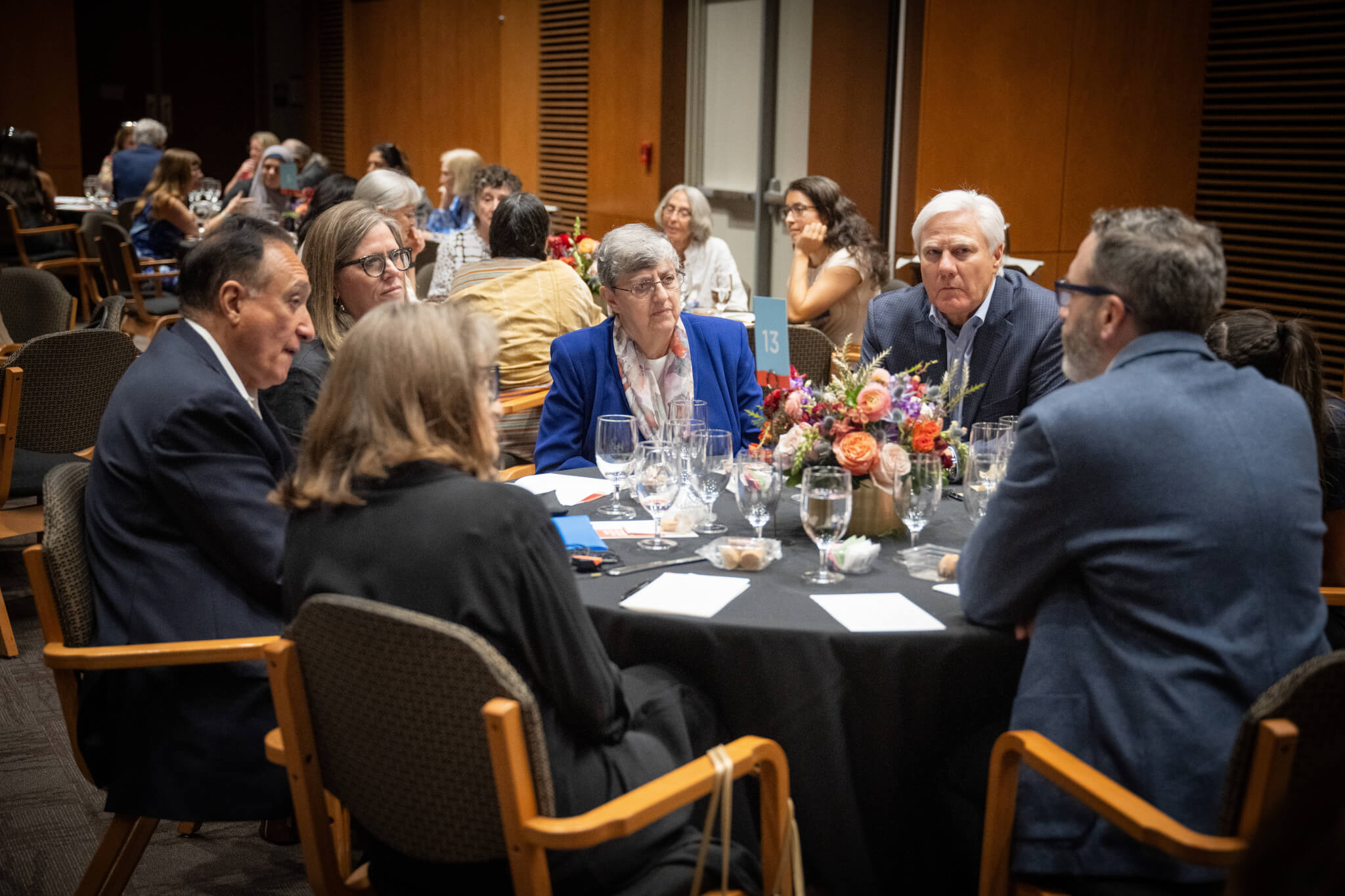
I’m so glad you’re reading Echoes, and I wonder if you’ve been feeling how I’m feeling.
Have you been worried about the election? Have you been worried about the holidays? You know, Thanksgiving and Christmas, when a lot of us share a large dinner with extended family.
I’ve been noticing just how many articles, books, and podcasts talk about how complicated the holiday table has become. It feels so tricky. How do you handle the inevitable political conversations that come up? How do you come together across differences?
My father-in-law, Howard Butt Jr., described himself as “a man apart”—“I am too conservative for the liberals, too liberal for the conservatives, too unpredictable for the middle-of-the-roaders, too contemporary for the traditionalists, too old-fashioned for the avant-garde.”
“I am too conservative for the liberals, too liberal for the conservatives, too unpredictable for the middle-of-the-roaders, too contemporary for the traditionalists, too old-fashioned for the avant-garde.”
Howard Butt Jr.
I love that quote. I feel that way, too. And I’m here to tell you: there is good advice for us in my father-in-law’s words. I want us to hold onto this counsel. Knowing where you stand is important, but not everyone needs to stand at the poles. Sometimes, the middle is the most radical place to stand—because the middle forces you to actually work with people on both sides.
We can find common ground in our communities. It doesn’t matter what part of your community you live and work in—wherever you live, you can belong to this work of coming together to make positive change in your neighborhood.
I was at a Know Your Neighbor event recently where we gathered neighbors from around the city for a conversation and a meal. The topic that night was housing, and we started with a simple question: “What comes to mind when you hear the word ‘home’?”
I shared about our recent decision to sell the house where we had raised our kids for 31 years. We had made a home there for our family. Another person shared that she had lived in 20 different places over as many years. For me, “home” meant stability and family and memories. For her, it meant stress and uncertainty and Do I have time to make friends before we move again.
That’s the starting point of transformation—to actually know what your neighbor and your neighbor’s family have been through. To know what their community has been through and what they are going through today. Sometimes, what we learn will surprise us, and we should be open to that.
This is what it means to be “a man apart,” or “a person apart,” today—to sit and listen and learn, to hear a point of view that is not your own, and to find out what it has to teach you.
This issue of Echoes contains a collection of stories about what it means to live in America right now. The stories are based in Texas because we live here, but they are deeply human stories. They are stories about loving God and loving our neighbor. Whether you live in Texas or beyond, the stories here describe people who could be your neighbors. In a sense, they are your neighbors—because all people are. How will you respond to their stories?
Hope and generosity always start somewhere. For Mrs. Butt, it was often the place where her family gathered to share meals.